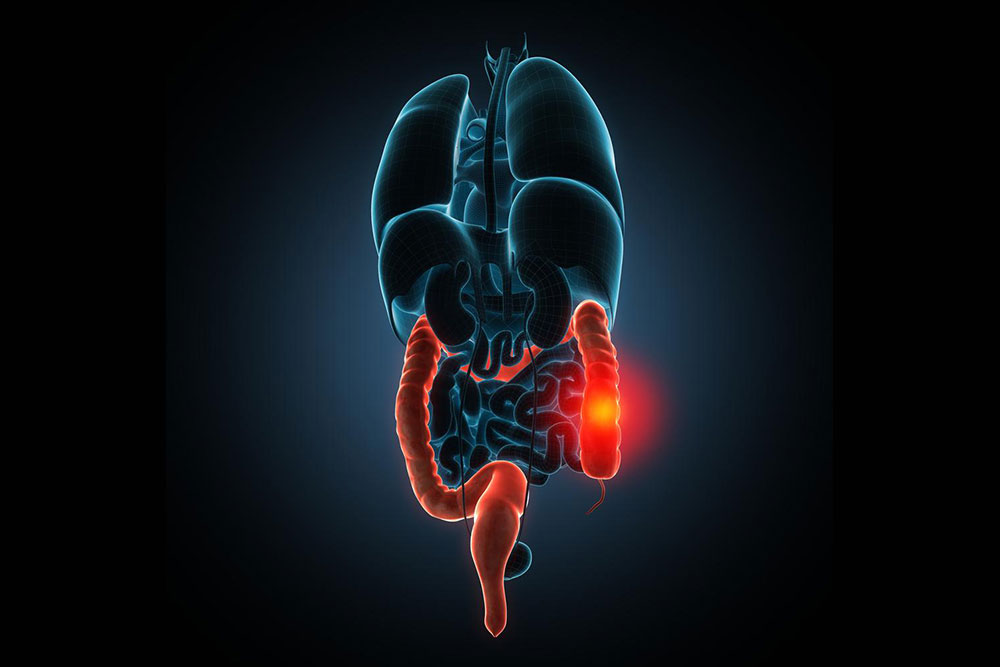Managing Irritable Bowel Syndrome: Effective Treatments and Medications
Irritable Bowel Syndrome (IBS) management involves dietary alterations, medications for pain, constipation, and diarrhea, plus probiotics and counseling. Medications like Alosetron and Lubiprostone target specific symptoms, while antibiotics and mental health treatments help address underlying issues. Dietary adjustments, including FODMAP reduction, are essential for symptom relief. Proper diagnosis and personalized treatment under medical supervision are crucial for effective IBS management, improving quality of life for sufferers.

Managing Irritable Bowel Syndrome: Treatments and Therapeutic Options
Irritable Bowel Syndrome (IBS) is a complex disorder affecting the digestive tract, leading to symptoms like irregular bowel habits, constipation, diarrhea, and abdominal pain. Common issues include bloating and gas, often worsened by anxiety. Though incurable, IBS symptoms can be managed through various approaches. While no specific medication exists, treatments focus on alleviating symptoms, including dietary adjustments, medications, probiotics, and counseling.
Medications for IBS aim to control discomfort and normalize bowel function. Key strategies comprise:
Nutritional modifications
Medications targeting pain, constipation, and diarrhea
Probiotics to restore gut flora
Psychological support or counseling
Dietary Modifications in IBS Management
Diet plays a critical role. Eliminating carbonated drinks and caffeine, reducing intake of vegetables like cabbage and broccoli to prevent bloating, and avoiding raw fruits can help. Cutting gluten-rich foods like wheat and barley often lessens diarrhea episodes. Additionally, reducing FODMAPs—fermentable carbs like fructose, fructans, and lactose—can significantly improve symptoms as they may trigger digestive irritation.
Specialized Medications for IBS
Currently, two medications are approved for IBS relief:
Alosetron (Lotronex): Designed to relax the colon and slow bowel movements, this drug is prescribed for women with severe IBS unresponsive to other treatments. It must be used strictly under medical supervision and is not suitable for men.
Lubiprostone (Amitiza): This medication increases fluid secretion in the small intestine, aiding bowel regularity in women with IBS-related constipation. Its effects on men are still under study, with potential side effects including nausea and diarrhea.
Addressing Diarrhea in IBS
To combat severe diarrhea, physicians may recommend:
Antidiarrheal agents such as loperamide or diphenoxylate
Bile acid sequestrants like cholestyramine (Prevalite)
Rifaximin, an antibiotic targeting bacterial overgrowth and symptoms like bloating, typically used for two-week courses
Relieving Constipation in IBS
Over-the-counter osmotic laxatives such as Milk of Magnesia and Lactulose facilitate water intake into the intestines, easing stool passage
Stimulant laxatives, including Senokot, stimulate colon nerves to promote bowel movements, used if osmotic laxatives are insufficient
The Role of Antibiotics and Mental Health Medications
In some cases, antibiotics can play a vital role, especially when bacterial infections contribute to IBS symptoms. Rifaximin is frequently used under doctor supervision. Additionally, since IBS often causes anxiety and depression, antidepressants like fluoxetine and anti-anxiety medications such as diazepam may help manage emotional symptoms associated with gastrointestinal discomfort.
Probiotics for Gut Health
Ingesting beneficial microorganisms can restore balance in the gut, improve motility, and reduce symptoms. Probiotic supplements are a recommended adjunct treatment for IBS management.
Note:
Our website offers valuable guidance across various health topics. While our information is derived from research, it should not replace professional medical advice. Consult your healthcare provider for personalized treatment plans. We disclaim responsibility for discrepancies or updates in medical data and potential differences in available offers or schemes.










